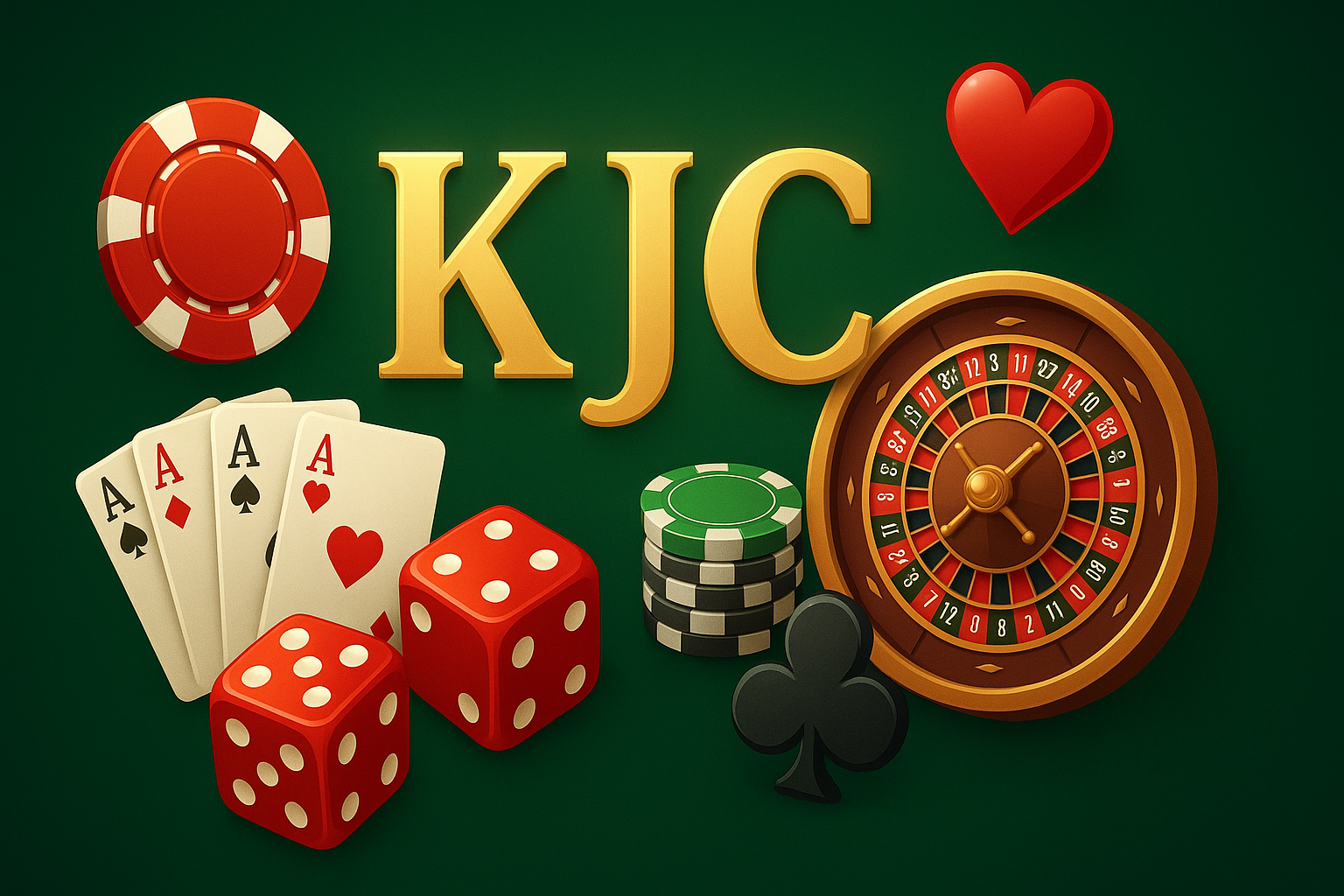Vietnam is a country with a rich history of traditions, and one of the most enjoyable aspects of its culture is its traditional games. These games have long served as a source of entertainment, community bonding, and shared celebration. Among them, xóc đĩa remains particularly popular, capturing the hearts of players both young and old. While historically enjoyed at family gatherings and festive occasions, xóc đĩa has adapted to modern times, finding a place in the digital world. Many enthusiasts now explore its online version through platforms such as xóc đĩa, which provide a seamless way to experience this traditional game anywhere.
The Charm of a Timeless Tradition
Xóc đĩa is more than just a game—it’s a cultural tradition that brings people together. In past decades, families would gather during holidays or local festivals to play, laugh, and share memorable moments. With simple tools—a plate, a bowl, and a few tokens—the game created excitement and friendly competition.
This simplicity is part of what makes it so memorable. Generations have passed down the game, ensuring that children grow up learning not only the rules but also the joy and community spirit that comes with it. The social aspect of xóc đĩa strengthens bonds among family and friends, making it a cherished cultural experience.
Engaging Gameplay for Everyone
The appeal of xóc đĩa lies in its balance of simplicity and suspense. The rules are straightforward, allowing anyone to participate quickly, yet each round brings a sense of anticipation. Players predict outcomes, watch the results, and react with excitement, creating a lively and interactive environment.
Although chance determines the results, players often develop personal strategies or favorite patterns, adding an extra layer of engagement. The game’s quick pace ensures that attention stays focused, and each round delivers immediate entertainment. This combination of unpredictability and clarity makes xóc đĩa a game that both novices and experienced players can enjoy repeatedly.
A Modern Twist Through Digital Platforms
As technology has advanced, traditional games like xóc đĩa have found new ways to thrive. Online platforms bring the classic experience to modern players, preserving the excitement while offering convenience. Players no longer need to wait for special occasions—they can join a game at any time, from anywhere.
Digital versions replicate the traditional feel with intuitive interfaces, smooth graphics, and interactive elements. Some platforms even allow real-time multiplayer sessions, creating a virtual sense of community that mirrors in-person gatherings. This innovation has introduced the game to a younger audience, while longtime fans appreciate the accessibility of playing online.
Maintaining a Healthy Gaming Experience
Even though xóc đĩa is designed for fun, it is important to play responsibly to ensure long-term enjoyment. A few simple guidelines can help:
- Play in moderation. Short sessions make the game enjoyable without fatigue.
- Stay relaxed. Maintaining a calm mindset enhances the experience.
- Learn the rules. Familiarity builds confidence and comfort.
- Focus on enjoyment. Remember that the purpose is entertainment, not stress.
Following these practices helps players enjoy the game while preserving the positive social and cultural experience that makes it special.
A Tradition That Continues to Shine
The enduring popularity of xóc đĩa highlights how traditional Vietnamese games can remain relevant in modern life. Whether played during a family celebration or through an online platform, the game continues to provide excitement, connection, and shared joy. Its blend of simplicity, cultural heritage, and adaptability ensures that it will continue to be a favorite for generations to come.
Conclusion
Xóc đĩa is a prime example of how traditional games can bring happiness, strengthen relationships, and stay relevant even in the digital era. Its combination of suspense, simplicity, and cultural significance ensures it will remain a beloved pastime for both current players and future generations.

